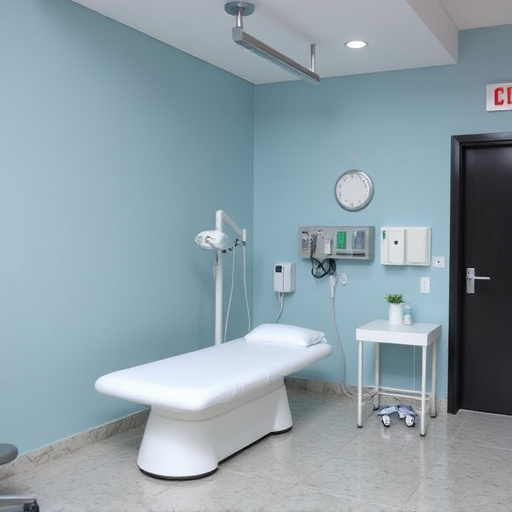Adopting reusable air filter intakes offers significant long-term cost savings of up to 70% compared to traditional filters, while minimizing environmental impact by reducing waste. These washable filters capture pollution and allergens, promoting cleaner indoor air quality for health-conscious individuals. They reduce operational expenses and resource consumption, providing substantial financial benefits for homeowners and industries relying on filtration systems.
Long-term cost savings are not just about immediate financial benefits; they represent a strategic approach to sustainability and efficiency. In this article, we explore how simple yet powerful solutions like reusable air filter intakes and washable components can significantly reduce spending over time. By adopting these sustainable practices, individuals and businesses can enjoy cleaner air, reduced waste, and substantial economic advantages, making them essential considerations in today’s eco-conscious world.
- Understanding Long-Term Cost Savings: The Basics
- Implementing Reusable Air Filter Intakes for Sustainable Solutions
- Washable Components: A Long-Lasting and Economical Approach
Understanding Long-Term Cost Savings: The Basics

Long-term cost savings refer to investments in practices or products that, while potentially more expensive upfront, reduce expenses over time. Understanding this concept is crucial for making informed financial decisions, especially when considering home improvements or long-lasting purchases. One practical example involves replacing traditional air filters with reusable ones. While the initial cost may be higher, washable air filter intakes offer significant savings in the long run by eliminating frequent replacement needs compared to disposable filters.
This approach aligns with a broader trend towards sustainable and eco-friendly solutions, as many washable products, including air filters, contribute to a reduced environmental footprint. Moreover, the shift towards reusable items can lead to substantial financial benefits, making them an attractive option for individuals seeking both cost efficiency and environmental responsibility.
Implementing Reusable Air Filter Intakes for Sustainable Solutions

Implementing reusable air filter intakes is a sustainable solution that offers significant long-term cost savings. Traditional air filters are often single-use and contribute to substantial waste, whereas washable reusable filters can be cleaned and reused multiple times. This simple swap not only reduces the financial burden of frequent filter replacements but also minimizes environmental impact by cutting down on disposable product waste.
Reusable air filter intakes provide an efficient filtration system that captures pollutants and allergens, ensuring cleaner air quality indoors. By investing in these washable filters, homeowners can expect to save money over time while promoting a greener lifestyle. This eco-friendly approach is particularly beneficial for those concerned about both their health and the planet’s future.
Washable Components: A Long-Lasting and Economical Approach

In today’s world, where sustainability and cost-effectiveness are top priorities, considering washable components in your machinery or systems can offer significant long-term cost savings. Specifically, reusable air filter intakes that are designed for washability not only reduce waste but also lower operational expenses. These filters, unlike disposable counterparts, can be cleaned and reused multiple times, eliminating the need for frequent replacements. This eco-friendly approach not only minimizes environmental impact but also translates into substantial financial benefits over time.
By adopting washable air filter intakes, you’re essentially investing in a more durable and economical solution. Properly maintained, these filters can last considerably longer than traditional ones, reducing the frequency of purchases and associated costs. Moreover, the process of cleaning these filters often requires less energy and resources compared to acquiring new ones, making it a smarter financial decision. In terms of savings, this strategy can lead to substantial reductions in operational expenses, especially in industries that heavily rely on filtration systems.
By adopting sustainable practices such as implementing reusable air filter intakes and utilizing washable components, individuals can significantly reduce long-term costs. These eco-friendly solutions not only minimize waste but also offer economic benefits over time. Embracing these innovations is a step towards a greener future, where smart choices can lead to substantial savings and a healthier environment.














